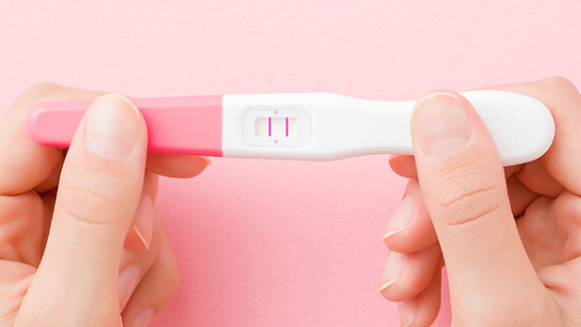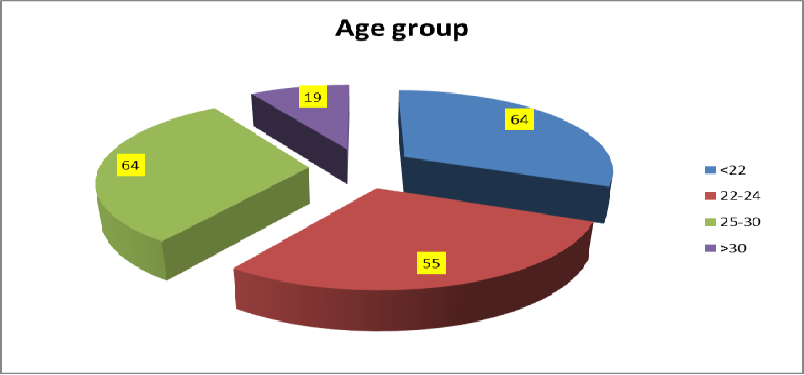INTRODUCTION
Every woman, at some point in her life, might experience the palpitations that accompany a pregnancy scare. The anxiety, stress, and fear associated with it can seem overwhelming. But, apart from the looming question of a possible pregnancy, could these emotions have an impact on your period’s arrival? Let’s unravel this mystery.
THE MENSTRUAL CYCLE IN A NUTSHELL
The menstrual cycle, ranging from 21 to 35 days for most women, is a harmonious interplay of hormones and bodily changes. With ovulation as its midpoint and the menstrual flow marking its start and end, the cycle prepares the body for a potential pregnancy. Any slight change in this balance can affect its regularity.
FACTORS AFFECTING THE MENSTRUAL CYCLE
Our bodies are astoundingly intricate. Various factors can influence the regularity and flow of our menstrual cycle, including:
- Stress
- Lifestyle alterations
- Sudden illnesses
- Medications
DIFFERENCE BETWEEN STRESS AND THE MENSTRUAL CYCLE
Stress is not just a psychological concept. When we’re stressed, our body jumps into the ‘fight or flight’ mode, releasing cortisol. This can disturb the delicate balance of reproductive hormones, potentially leading to irregularities in our cycle. Several studies have reiterated the profound effect of stress on menstrual regularity.
Read more: How Long Can Stress Delay Your Period?
PREGNANCY SCARE: A UNIQUE STRESSOR
Imagine the adrenaline rush during a close call on the road. Now, intensify that a hundredfold. That’s the kind of psychological and physiological impact a pregnancy scare can have. Personal anecdotes highlight missed or delayed periods following intense anxiety from such scares, underscoring the connection between stress and menstrual disruption.
OTHER REASONS FOR DELAYED PERIODS
While stress is a potent factor, there are other reasons your period might be playing hide and seek:
- Actual pregnancy
- PCOS
- Thyroid anomalies
- Weight fluctuations
- Birth control interference
- Early onset menopause
UNDERSTANDING STRESS-INDUCED MENSTRUAL CHANGES
- Stress-induced amenorrhea: This refers to the absence of menstruation due to elevated stress levels. When the body perceives stress, it might divert its energies elsewhere, halting ovulation and periods.
- Food cravings: Stress often leads to comfort eating, and these sudden shifts in diet can affect your cycle.
- Stress-induced spotting: Spotting between periods could be due to a temporary hormonal imbalance caused by acute stress.
- Stress-induced irregular bleeding: Stress can not only delay or halt your period but might cause erratic, unpredictable bleeding.
WHEN TO SEE A DOCTOR
Monitoring your menstrual cycles is paramount. If you notice a pattern of irregularities or experience severe symptoms, it’s essential to consult a healthcare professional. Being informed and proactive about your health is always the best course of action.
Read More: Acupuncture for Miscarriage: An In-Depth Guide
TIPS TO MANAGE STRESS AND ANXIETY
- Mindfulness and Meditation: Ground yourself with calming practices.
- Exercise: Physical activity releases endorphins, nature’s stressbusters.
- Professional Counseling: Sometimes, talking helps.
- Support Systems: Lean on your close ones or join support groups.
- Journaling: Pour out your emotions on paper.
FAQs
Q: Can stress alone stop my period?
A: Yes, severe stress can lead to amenorrhea, causing a temporary halt in menstruation.
Q: Will my period return to normal after a stressful event?
A: In most cases, yes. Once the stressor is removed or managed, menstrual cycles tend to normalize.
Q: Can food cravings due to stress affect my cycle?
A: Significant changes in diet or weight can influence your cycle, so it’s possible.
Q: What’s the difference between stress-induced spotting and regular spotting?
A: It can be hard to distinguish, but if you’ve experienced acute stress and notice spotting outside your usual cycle, it could be stress-induced.
CONCLUSION
The intricate dance between stress, especially from pregnancy scares, and our menstrual cycle is profound. By understanding our bodies and seeking the right support, we can navigate these challenging times with greater ease.





